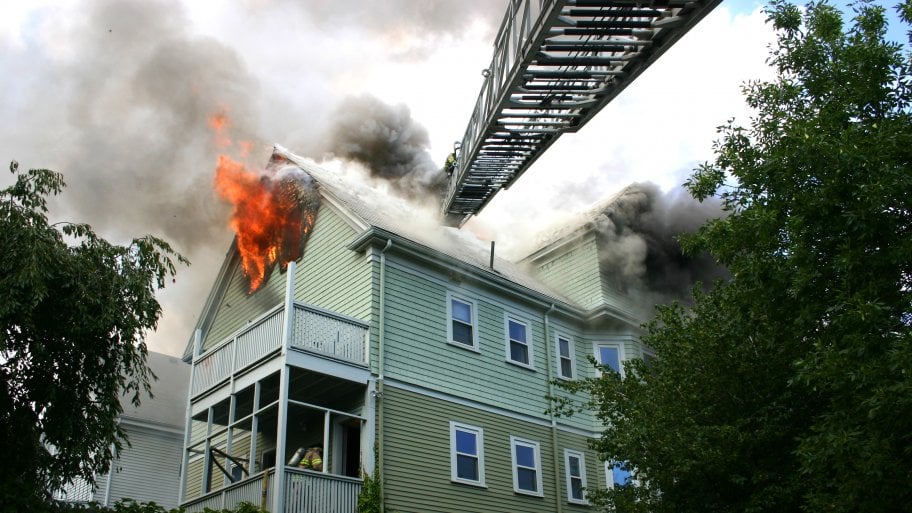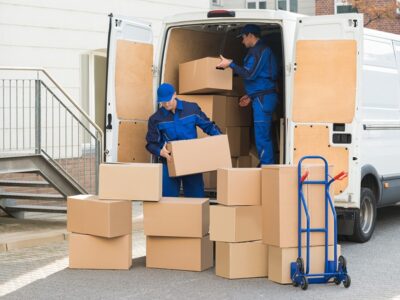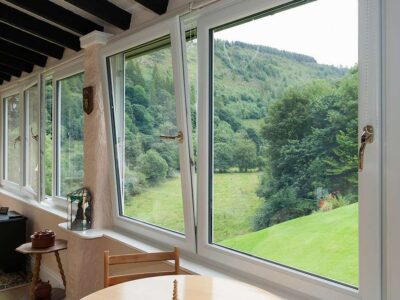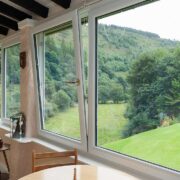
House fires claim many lives each year, with complete properties destroyed in the process. There are many different ways in which a house can catch fire, but there are also many different ways in which your household can be better prepared for the outbreak of a fire and prevent it from happening. In the worst-case scenario we should all be aware of our personal responsibilities when faced with a fire in our home, and with the correct fire safety procedures and fire safety equipment such as fire doors, you can be fully prepared for the worst and minimise the risk of fire, injury, and fire-related fatalities in your home.
There are a few different processes you can go through to ensure that your home is fully prepared for a fire. The first is to anticipate every single scenario that could cause a fire and become fully prepared for all eventualities. This is the only way to significantly reduce the risks associated with house fires. Install smoke detectors and check them regularly to make sure they are in full working order, have a fire alarm system in place if this is feasible, and ensure that the rooms that have the most electrical equipment present (and where fire is most likely to start) are fully equipped with fire alarms, smoke detectors, and fire doors where possible.
If you do install fire doors at your property (it is a legal requirement in certain rental properties but not in homes that are owned outright), be sure that you do keep doors closed at all times. Remember that oxygen fuels the flames when a fire breaks out, so it is vital that you starve the fire of oxygen. By closing doors there is a reduced airflow and it minimises the chances of a fire (and smoke) spreading quickly through the house, causing destruction.

Although it isn’t the usual thing for a home to have fire doors fitted, it is a worthy consideration for some rooms in a home, especially between kitchens and other rooms, or rooms that are of particular worry to homeowners.
Always be aware of the different potential fire hazards in the home, including all electrical items, plugs, and wall sockets. Turn on electrical appliances as and when you require then, turning off appliances at night or when you are out of the home. On top of the installation of fire doors and smoke detectors you can also apply basic fire safety protocols, such as taking special care in the kitchen (especially when cooking with oil), blowing out candles at the end of a night, and keeping anything that can light a fire out of reach of children. Also understand the escape route in the event of a fire and ensure that every person living in the house also understands what to do. If you are interested in installing fire doors at your property, search for a provider with the experience and knowledge to help you minimise the risk of fire in your home.













